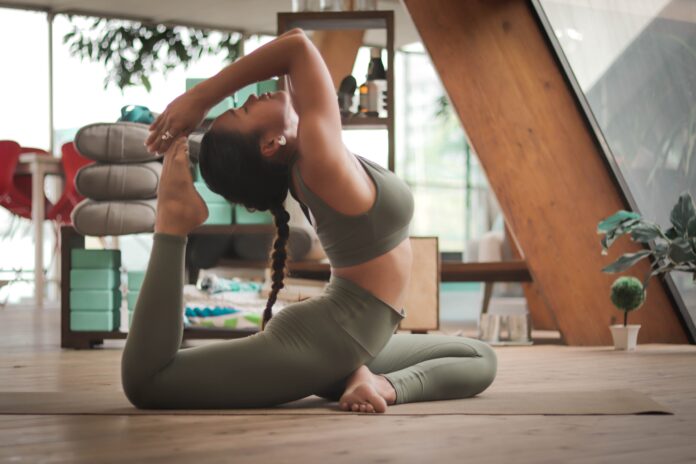
With its focus on mindfulness, strength, and flexibility, yoga offers a holistic approach to fitness and well-being. However, many people wonder if they need to be flexible to practice yoga. In this post, we’ll debunk the common misconception surrounding flexibility in yoga and explore how everyone can benefit from yoga regardless of their current flexibility level.
Yoga is for Everyone
Contrary to popular belief, you don’t need to be naturally flexible or a contortionist to enjoy the benefits of yoga. Yoga is an inclusive practice designed for all body types and fitness levels. Each yoga pose can be modified to suit individual needs, making it accessible to both beginners and seasoned practitioners.
Yoga Improves Flexibility
One of the primary benefits of yoga is that it helps improve flexibility over time. Regular practice encourages the lengthening and stretching of muscles, tendons, and ligaments, promoting an increased range of motion and suppleness. Gradually, you’ll notice an improvement in your flexibility.
Flexibility is Not the Main Goal
Flexibility is just one aspect of yoga, and it’s not the ultimate goal. Yoga is a multifaceted practice that combines strength, balance, and mental focus with flexibility. Each yoga pose is designed to work on different parts of the body and enhance overall well-being.
Mindful Modifications
Yoga instructors are well-versed in guiding students through modifications to accommodate different body types and abilities. If you have limited flexibility or specific physical limitations, don’t be discouraged. A qualified yoga instructor can help you find variations of poses that work best for your body, ensuring a safe and enjoyable practice.
Embrace Your Journey
Instead of comparing yourself to others, focus on your own growth and celebrate small milestones along the way. With consistent practice and patience, you’ll witness improvements in your flexibility and overall fitness.


